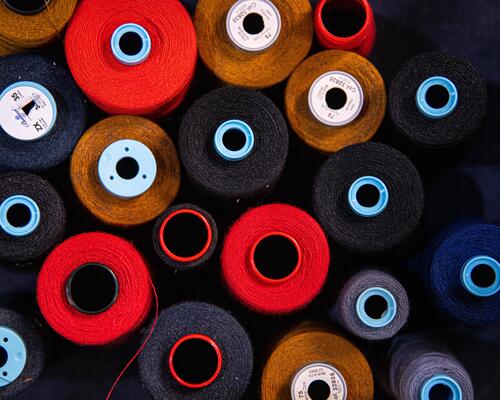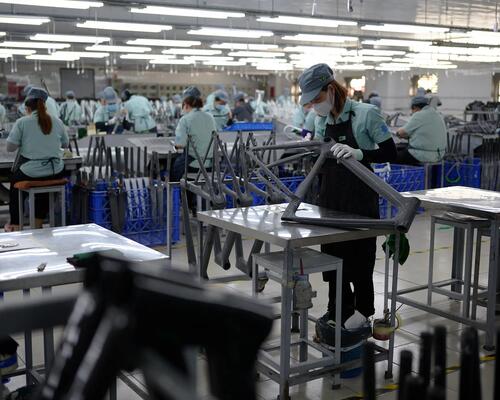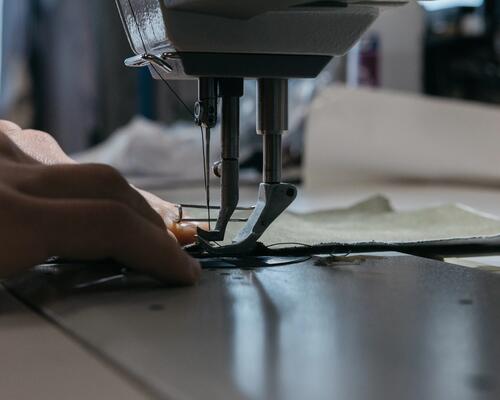
DECATHLON joins first worker insurance scheme pilot in Bangladesh Textile Sector
At DECATHLON, we want to promote social responsibility wherever we play. We believe that the size of our business provides us with the unique opportunity and responsibility to promote safe, healthy and fair working conditions across our value chain and to play our full part in contributing to a fair and equal society.
This is why DECATHLON is proud to announce its collaboration and commitment towards the Employment Injury Scheme (EIS) Pilot in Bangladesh, joining hands with the ILO (International Labor Organization), GIZ (The German Development Aid), BGMEA (Bangladesh Garment Manufacturers and Exporters Association) and 30 other like-minded international brands to bring the first ever social insurance mechanism to workers in Bangladesh's Textile Sector. In cases of work-related injuries, the Pilot provides compensation payments for the permanently disabled and the dependents of deceased workers.
The EIS Pilot covers all 4 million workers contributing to the export-oriented readymade garments (RMG) sector of Bangladesh, and in the short-term will reach an estimated 45000 workers in Decathlon’s value chain. The EIS Pilot’s monthly pensions are financed by voluntary contributions from international brands. The amount of the pensions depends on the age and last earned wage of the respective worker, thus serving as an income replacement.
To ensure the longevity of the scheme, ILO and GIZ work closely with the Bangladesh government, employers’ and workers’ associations with the aim of introducing a permanent ‘Employment Injury Protection Scheme’ fully enshrined in Bangladesh law within 3 to 5 years.
The EIS scheme comes in addition to DECATHLON’s long-standing mandatory minimum requirements on the conditions of fair, healthy and safe work, as detailed in its Vigilance Plan and the Code of conduct for manufacturing suppliers. These requirements are applicable by each supplier in our sourcing countries and controlled by regular audits: in 2023, 851 HRP audits were conducted all over the world, as stated in our NFRD.
Decathlon Bangladesh has a dedicated sustainable development team that regularly monitors the health, safety and rights of workers in our supplier’s factories. To further ensure building safety compliance, DECATHLON Bangladesh deployed the BES project (Building and Electrical Safety) in 2014 to assess suppliers on structural & electrical safety requirements through an external specialized third-party (Bureau Veritas).




